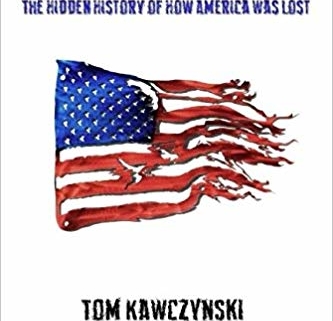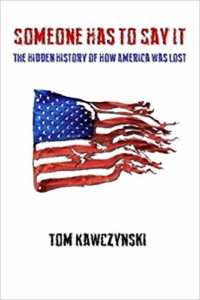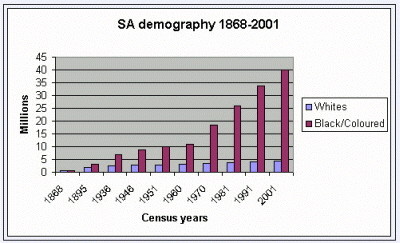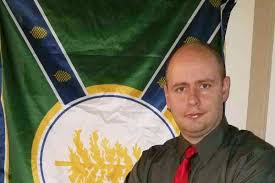There is no morality to accepting extinction
They lie.
They lie when they speak in glowing terms of the “enrichment” created for us by America’s burgeoning “diversity.”
In reality, a vast and inexorable destruction is spreading across America, and it is the entirely unnecessary and entirely deliberate dissolution of what we once revered as our nation and culture. Americans had a people to which they belonged, and a cultural identity as distinct as that of any other society on earth. Only the willfully blind can fail to see that both of those things are now vanishing quickly and forever.
It is a tribute to the gullibility of human beings, our acceptance of the lie that our dispossession “enriches” us, even as the waves of people displacing us reach deeper and deeper into our public coffers and polling booths. It is a tribute to our ignorance, that we sit unblinking when our leaders tell us America has always been an experiment in multiculturalism, and the evolving New Babylon is rooted in our historical experience.
At its founding, America was 80 percent European, and undeniably Christian, Western, and European in its character. For 200 years that identity was promoted by our immigration laws, and those laws in time fostered a nation 90 percent European. It was indeed no perfect experiment, and there were definite fault lines involving race or ethnicity, but we knew who we were and with God’s help and great sacrifice we created the most magnificent civilization in human history.
Now, in the course of a single lifetime, our identity will be extinguished. With the gutting of our immigration laws in 1965, in the course of a single 70-year average life span, by the year 2035 or thereabouts we will have gone from a nation ninety percent white to one in which Europeans are but one of many minorities, floating in a polyglot sea of people drawn from every corner of the globe.
In the fevered minds of the Cultural Marxists and the stupid, we will be a happy picture of coexistence and cooperation to which the rest of the world can aspire. Such folks currently argue that the rights of the individual will still take precedence over group rights. They insist our standard of living will remain intact or actually improve, as the numbers of consumers and producers expand. They reassure us our principles of government will protect everyone, and those, along with the English language, will be the glue that will bind our society together. This future, they would have us believe, is our natural and inevitable destiny as a nation, a destiny we can embrace without further examination or fear.
Those are the biggest lies of all. Read more






 On Friday afternoon January 19, after what seemed like an interminably long two-hour drive from my home on the coast to Bangor, I finally pulled into a parking spot outside the small Irish pub where I had previously arranged to meet Tom Kawczynski. We had spoken over the phone a few times and been interacting on social media for a few months, and for the last several weeks we had been trying to work out a time and place to meet, but since we lived about four hours apart – on opposite sides of the state – this was the first chance we had to do so.
On Friday afternoon January 19, after what seemed like an interminably long two-hour drive from my home on the coast to Bangor, I finally pulled into a parking spot outside the small Irish pub where I had previously arranged to meet Tom Kawczynski. We had spoken over the phone a few times and been interacting on social media for a few months, and for the last several weeks we had been trying to work out a time and place to meet, but since we lived about four hours apart – on opposite sides of the state – this was the first chance we had to do so.


